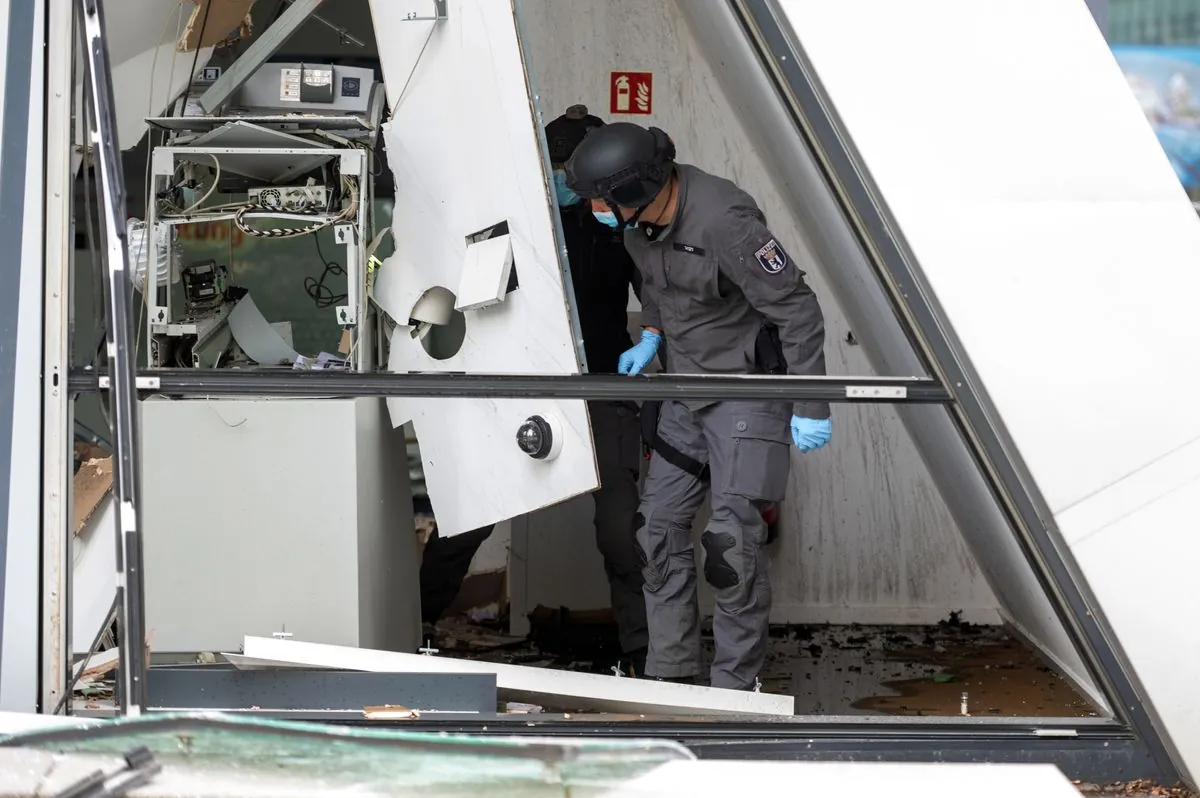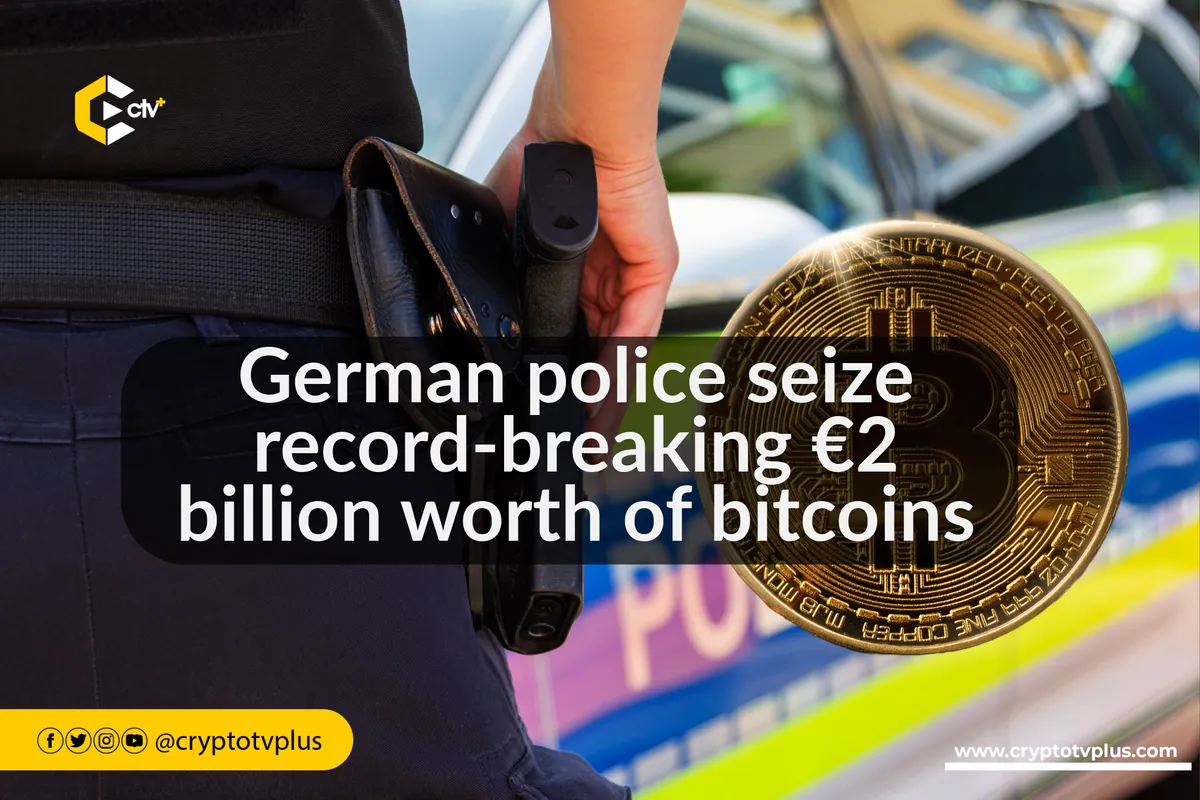German Authorities Seize €25 Million in Crypto ATM Crackdown
German financial regulator BaFin led a nationwide operation, seizing 13 unlicensed cryptocurrency ATMs and nearly €25 million in cash. The action aimed to combat potential money laundering risks.

In a significant move against unlicensed cryptocurrency operations, German authorities have conducted a nationwide crackdown on illegal crypto ATMs. The operation, led by BaFin, Germany's financial regulator, resulted in the seizure of nearly €25 million (approximately $27.8 million) in cash and 13 cryptocurrency ATMs operating without proper permits.
The action, which took place one year ago, on August 22, 2023, targeted machines used for trading Bitcoin and other digital currencies across 35 different locations in Germany. BaFin cited concerns over potential money laundering risks as the primary motivation for the operation.

This crackdown highlights Germany's strict stance on cryptocurrency regulation. As the fourth-largest economy in the world by nominal GDP, Germany has been at the forefront of implementing robust regulatory frameworks for digital assets. In fact, the country recognized Bitcoin as a "unit of account" as early as 2013, demonstrating its early awareness of the growing importance of cryptocurrencies in the financial landscape.
The operation was a collaborative effort involving BaFin, law enforcement agencies, and the German Bundesbank. This joint action underscores the seriousness with which German authorities are approaching the regulation of cryptocurrency activities. The German Bundesbank, established in 1957, has played a crucial role in maintaining financial stability in the country and has now extended its purview to include the emerging crypto sector.
"The seized ATMs had been operating without the necessary permits, posing a significant risk of money laundering."
The seizure of €25 million is particularly noteworthy when considering the scale of global money laundering. Experts estimate that money laundering accounts for 2-5% of global GDP annually, making it a significant concern for financial regulators worldwide.
It's important to note that while cryptocurrency transactions are often associated with anonymity, they are, in fact, pseudonymous. This characteristic has made them attractive for both legitimate users and potential money launderers, necessitating strict oversight.
The crackdown in Germany is part of a broader trend of increasing regulation in the cryptocurrency space. The European Union's 5th Anti-Money Laundering Directive, which came into effect in 2020, has further tightened controls on cryptocurrency operations across the EU.
As of 2024, there are over 30,000 cryptocurrency ATMs worldwide, a significant increase from the first Bitcoin ATM installed in Vancouver, Canada, in 2013. This rapid proliferation has raised concerns among regulators about the potential for these machines to be used for illicit activities.
The action taken by German authorities serves as a reminder of the ongoing challenges in balancing innovation in the financial sector with the need to prevent criminal activities. As the cryptocurrency market continues to evolve, with its total market capitalization having exceeded $1 trillion in 2021, regulators worldwide will likely continue to scrutinize and adapt their approaches to this dynamic sector.


































